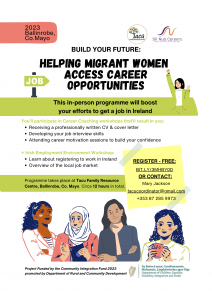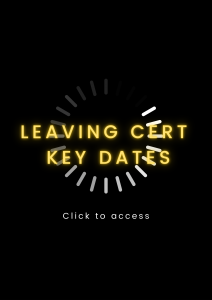Q: What are the main traps candidates fall into that prevent them from doing a good job interview? I know that’s a very broad, almost academic, question, but I like to get an overview before I start preparing for something. If I can avoid those traps from the outset, I know I can prepare more effectively for my forthcoming interview – my first in 13 years. (DT, email).
A: I’ve compiled this list which summarises 10 of the main traps, as you call them, writes Liam Horan, Career Coach, Sli Nua Careers.

- Complacency
Presuming the job is yours just because you seem to be the favourite. Favourites regularly fail: prepare for the interview secure in the knowledge that you are good enough to do the job, but don’t lull yourself into believing that you will get it without trying.
- Insufficient preparation
Have you scribbled bullet points of stories for the interview? Have you spoken in front of the mirror? Have you figured out what you did badly in your previous interview and how you are going to avoid similar low points this time around?
- Worrying about nerves
The best antidote is preparation for the interview itself. If you have your homework done, and have thought the job through from the employer’s perspective, you should find that nerves will diminish as the interview goes on. However, it is almost inevitable you will be nervous beforehand.
- Second-guessing yourself
Don’t seek approval from the other side of the interview table – you should have such belief in your answers that you could do the interview while blindfolded, and not worry at all about getting their approval.
- Not thinking through the employer’s needs in full
Read their website in detail. Google them. Talk to people working there now, or who worked there previously. Talk to people who work in similar organisations. It is crucial to know the organisation and vacancy very well.
- Setting impossibly high standards for yourself
You’re not walking a tightrope – it’s no harm if you stumble here and there. It happens. It’s called communications.
- Talking for the sake of talking
When you’ve said all you want to say, stop. Let them fill the silence.
- Under-selling yourself
This is a very common one. Claim your successes. Modesty, or affectations of modesty, can do you down. If you did something well, tell them. If you don’t, who will speak for you?
- Thinking too much about the interview panel
This is a first cousin of No. 4 above. The woman on the right nodding her head in agreement might not agree with you at all. It might just be her way. The man on the left who looks like he might be about to fall asleep may be engrossed in what you are saying and your biggest advocate in the panel’s post-interview discussion. He may just have one of those not uncommon ‘about to fall asleep’ looks. Don’t over-read them. They are as they are. Read No. 4 again now.
- Failing to give enough detail
Navigate the panel around your answers. Show them the major milestones of each answer. So name places, times, employers – anything that helps them follow your stories.





